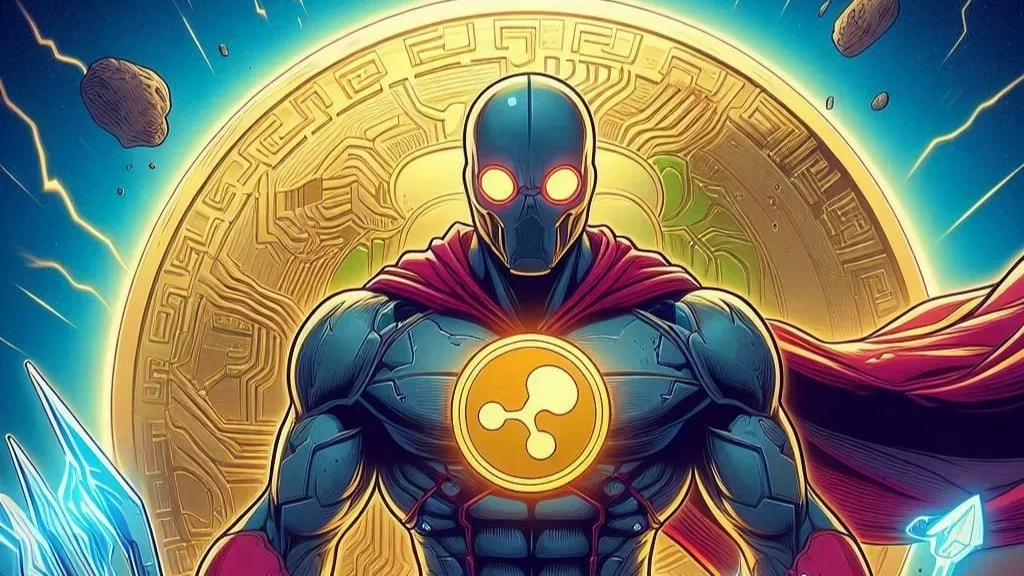
The Solana Policy Institute (SPI), a newly established non-profit organization, aims to represent Solana (SOL) in federal blockchain policy discussions. Formed on March 31, 2025, SPI is a non-partisan initiative designed to engage with lawmakers, educate them on decentralized networks, and advocate for Solana within the legal and regulatory framework in Washington, D.C. The institute’s primary mission is to promote legal clarity for the developers and users of Solana-based applications while fostering a better understanding of blockchain technology’s role in the broader digital economy.
SPI is led by Miller Whitehouse-Levine, the former CEO of the DeFi Education Fund. Whitehouse-Levine, now the CEO of SPI, brings extensive experience in blockchain policy advocacy. He believes this is a critical moment for the blockchain industry, stating that clear and defined rules are essential to support the innovators behind decentralized technologies like Solana. His leadership aims to position Solana as a representative case study for how decentralized networks can contribute to economic and social infrastructure.
The institute’s focus is on educating policymakers, primarily in Washington, on the potential of decentralized networks and their applications. Solana, with its high-speed, scalable blockchain, offers substantial promise in sectors like finance, data storage, and digital identity. SPI plans to demonstrate to Congress and federal agencies that decentralized technologies are not just limited to the financial sector, but can provide significant value across a wide array of industries. Through this education, the institute seeks to promote the idea that decentralized networks are foundational for the next phase of the internet, and that legal clarity is crucial for their sustainable growth and development.
One of SPI’s key advocacy strategies is to engage directly with federal regulators, congressional staff, and executive branch agencies. The institute’s objective is to highlight the differences between centralized and decentralized models, particularly in areas like securities classification, consumer protection, and market integrity. By promoting these distinctions, SPI hopes to shape policy that recognizes the unique nature of decentralized networks and addresses them with appropriate regulatory frameworks. This approach, the institute asserts, will help avoid unnecessary restrictions that could stifle innovation and adoption.
In addition to its educational outreach, SPI plans to involve a broad range of stakeholders within the Solana ecosystem in its advocacy efforts. These stakeholders include developers, infrastructure providers, and users of decentralized applications (dApps) who will share their insights on how Solana is used in real-world applications. This grassroots involvement is designed to provide policymakers with case-specific examples of how decentralized technologies are deployed and where regulatory uncertainty limits their broader adoption.
The timing of the formation of SPI is especially significant as Solana’s legal status has recently improved in the U.S. Following several high-profile lawsuits in 2023, the U.S. Securities and Exchange Commission (SEC) had considered Solana and other altcoins as securities. However, in recent months, Solana’s legal position has shifted in a more favorable direction. In March 2025, President Donald Trump mentioned Solana in the context of a potential digital asset stockpile, and the SEC has largely withdrawn from major legal actions involving Solana as a security. Additionally, Solana is gaining traction among U.S. investors, with products like SOL futures contracts and exchange-traded funds (ETFs) now available, further boosting the network’s prospects in the U.S. market.
The establishment of the Solana Policy Institute and the ongoing improvements in Solana’s legal standing align with broader efforts to establish the network as a prominent player in the U.S. digital economy. With the institute advocating for clear legal frameworks, Solana’s future looks promising, and its role in blockchain policy discussions is expected to grow. As SPI continues its work, it will likely have a lasting impact on how decentralized technologies like Solana are regulated and adopted in the U.S.



Get the latest Crypto & Blockchain News in your inbox.